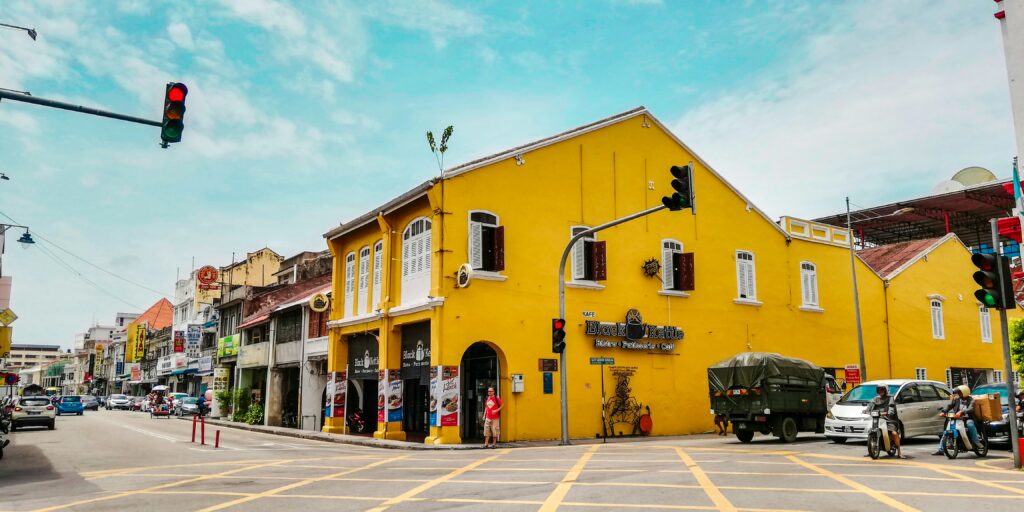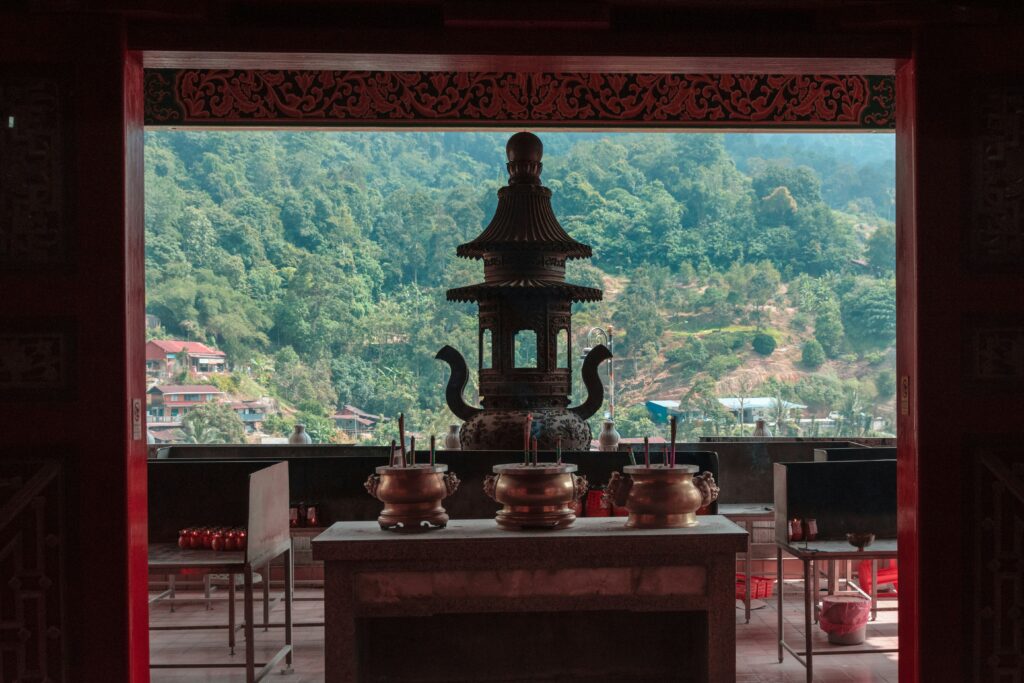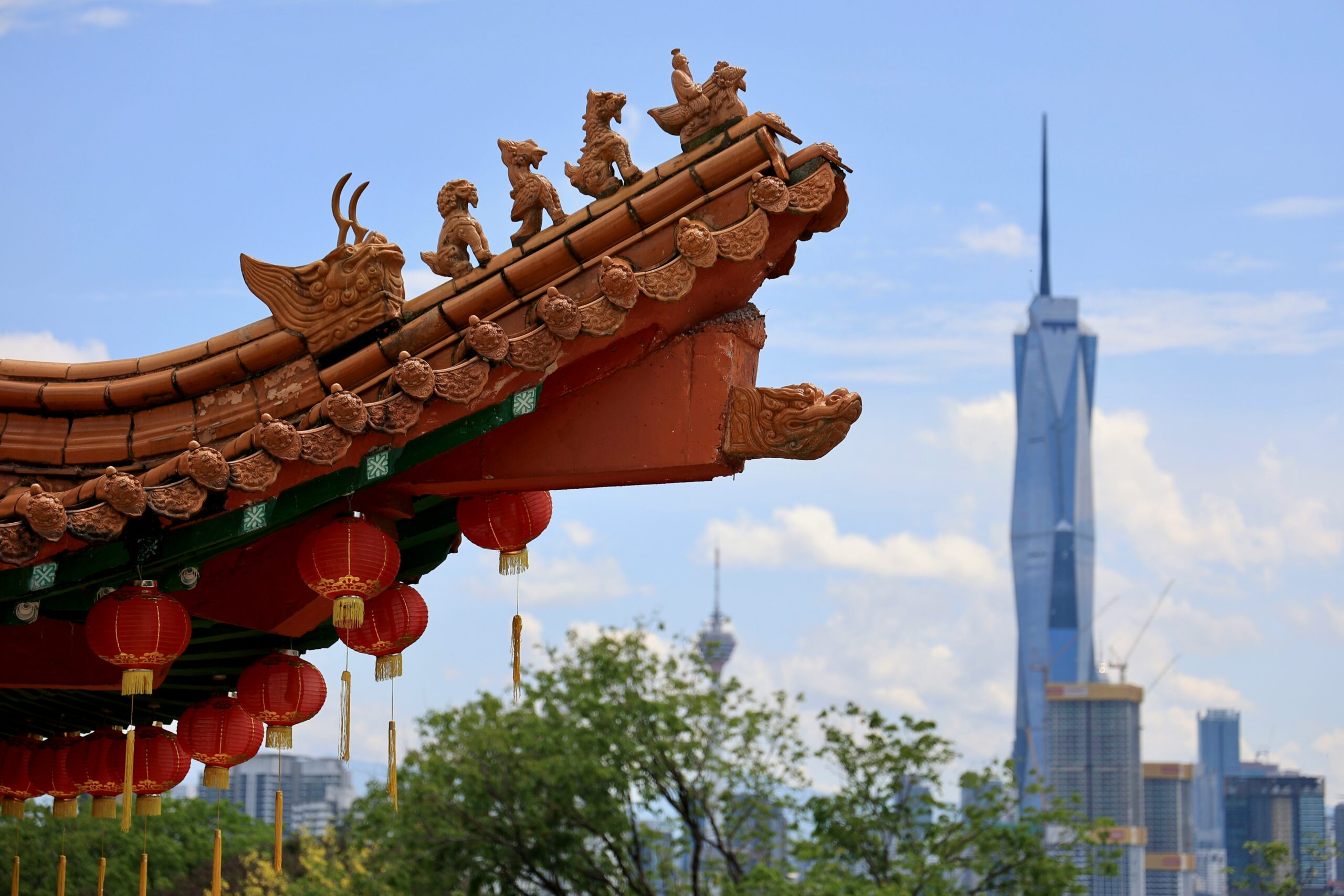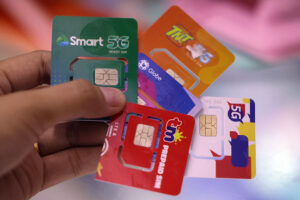Malaysia’s rich tapestry of cultures and traditions offers a unique social landscape for newcomers. Understanding and respecting the diverse customs is crucial for seamless integration. This article delves into the intricacies of Malaysian etiquette, providing valuable insights for those looking to navigate this multicultural society with grace and respect.
The Significance of Footwear Customs
Removing shoes before entering homes or certain buildings is a common practice in Malaysia. This custom stems from both hygiene concerns and cultural traditions. When you notice a collection of shoes at the entrance, it’s a clear indication that you should follow suit. This simple act of respect goes a long way in showing your cultural awareness and consideration for local customs.
Greeting Etiquette
Malaysian greetings often involve a light handshake, sometimes followed by placing the right hand over the heart. This gesture signifies sincerity and respect. However, it’s important to note that some Muslims, particularly women, may prefer not to shake hands with members of the opposite sex. In such cases, it’s best to wait for the other person to initiate the greeting, ensuring you don’t inadvertently cause discomfort or offense.

Business Card Exchange
The exchange of business cards in Malaysia is more than a mere formality; it’s a ritual that demands attention and respect. When receiving a card, take a moment to study it carefully before tucking it away. In formal meetings, it’s common to place received cards neatly on the table before you. This practice demonstrates your interest and respect for the person and their professional identity.
Public Displays of Affection
Malaysian society generally frowns upon public displays of affection, particularly in more conservative regions. It’s advisable to refrain from overt physical contact with your partner in public spaces. This cultural norm reflects the country’s traditional values and emphasis on modesty. Observing local behavior and erring on the side of caution will help you navigate this aspect of Malaysian social etiquette with sensitivity.

Mosques and Temples
When visiting religious sites in Malaysia, it’s crucial to show respect and adhere to specific guidelines. Many areas within mosques and temples are reserved for practitioners of that faith. Always look for signs indicating restricted areas and don’t hesitate to ask for guidance if you’re unsure. Dressing conservatively is a must when visiting these sacred spaces, and removing your shoes is often required before entering.
Addressing Elders
In Malaysian culture, showing respect to elders is paramount. It’s common to address older individuals as “uncle” (pak cik) or “aunty” (mak cik), even if they’re not related to you. This practice extends beyond family circles and is a way of showing deference and respect to older members of society. Embracing this custom can help you build rapport and show your understanding of local social dynamics.

Dining Etiquette: The Right Hand Rule
When dining in Malaysia, particularly with traditional dishes, you may notice some people eating with their hands. If you choose to partake in this custom, remember to use only your right hand. The left hand is considered unclean in many Asian cultures and is reserved for personal hygiene. This rule extends to other interactions as well, such as shaking hands or passing objects. Always use your right hand in social and dining situations to show respect and cultural awareness.
Gift-Giving
Bringing a gift when visiting a Malaysian home, known as buah tangan or “fruit of the hands,” is a thoughtful gesture that will be greatly appreciated by your hosts. While not obligatory, this practice demonstrates your consideration and respect for local customs. The gift itself doesn’t need to be elaborate; it could be a souvenir from your home country, fresh fruits, or a small token of appreciation. The act of giving is more important than the gift’s monetary value.

Superstitions and Lucky Numbers
Superstitions play a significant role in Malaysian culture, particularly when it comes to numbers. For instance, the number four is considered unlucky in Chinese culture due to its phonetic similarity to the word for “death.” Being mindful of these cultural beliefs can help you avoid unintentional faux pas. When giving gifts or organizing events, consider the cultural significance of numbers to show your sensitivity to local customs.
The Fear of Missing Out
The concept of kiasu, originating from Chinese culture, is deeply ingrained in Malaysian society. This “fear of missing out” or desire to get ahead manifests in various ways, from aggressive driving to ostentatious displays of wealth. Recognizing kiasu behavior can help you better understand and navigate social situations in Malaysia. While you don’t need to adopt this mindset, being aware of it will provide valuable insight into local social dynamics.








